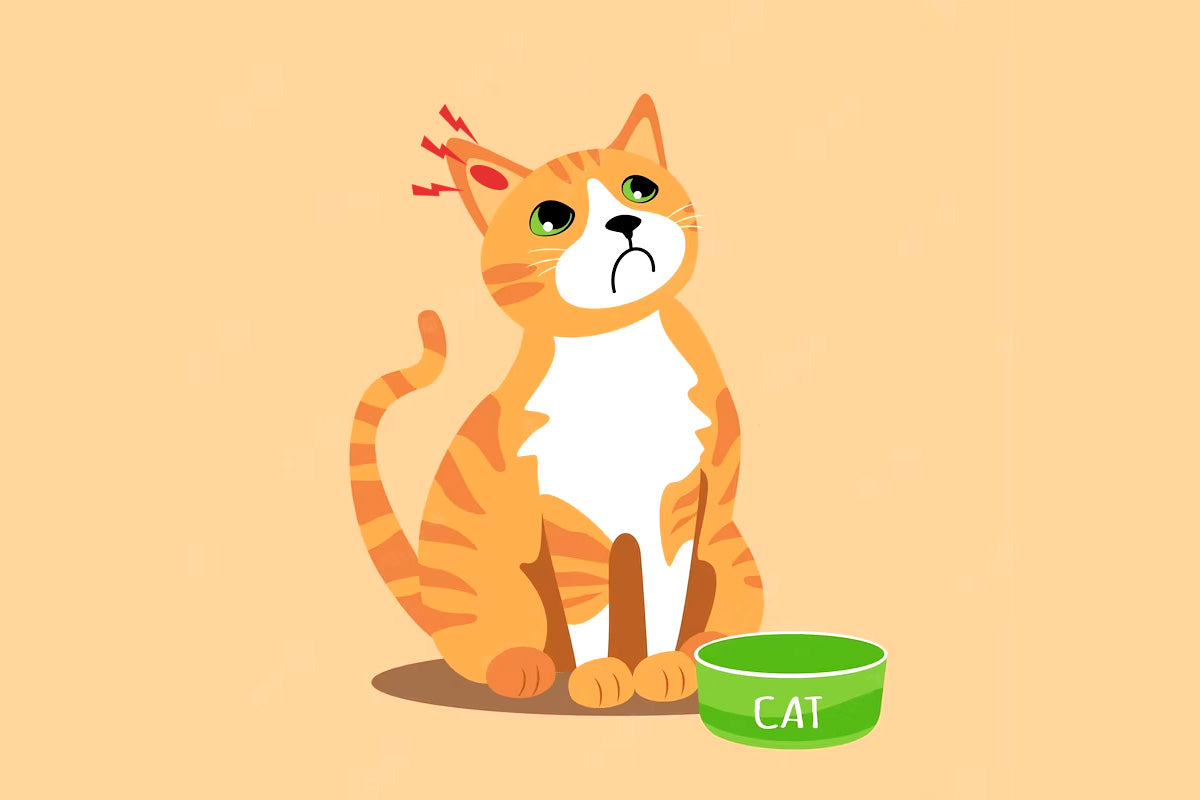Understanding Chronic Gastritis:
Chronic gastritis refers to long-term inflammation of the stomach lining. This condition can be triggered by various factors such as dietary sensitivities, allergies, infections, or underlying health issues. Among its most common symptoms is persistent vomiting, which can lead to dehydration, weight loss, and a decreased quality of life for our pets.
Identifying Chronic Gastritis:
Recognizing chronic gastritis in pets requires keen observation. Frequent vomiting, often accompanied by nausea, is a primary indicator. Other signs include decreased appetite, abdominal discomfort, and changes in stool consistency. If you notice any of these symptoms, consult a veterinarian promptly for a proper diagnosis.
Diagnosis and Treatment:
A veterinarian will conduct a thorough physical examination and may recommend diagnostic tests such as blood work, ultrasound, or endoscopy to pinpoint the cause and severity of the gastritis. Treatment strategies will vary based on the underlying cause. In some cases, dietary modifications might be necessary to identify and eliminate allergens or triggers. Medications like anti-emetics, antacids, and gastroprotectants can help manage vomiting and reduce stomach inflammation.
Dietary Management:
Switching to a easily digestible, hypoallergenic diet can be beneficial for pets with chronic gastritis. These specialized diets are formulated to reduce the likelihood of triggering allergic reactions or stomach irritation. Your veterinarian can guide you in selecting the most appropriate diet for your pet's needs.
Hydration and Nutritional Support:
Chronic vomiting can lead to dehydration and nutrient imbalances. It's essential to provide your pet with access to clean, fresh water at all times. In severe cases, when hydration is a challenge, your veterinarian might recommend subcutaneous fluids to maintain adequate fluid levels. Additionally, working with your vet to ensure your pet is receiving necessary nutrients is crucial for their overall well-being.
Lifestyle Adjustments:
Stress and anxiety can exacerbate gastritis in pets. Creating a calm and comfortable environment can help reduce stress levels. Provide your pet with a quiet and secure space where they can relax. Regular exercise and mental stimulation are also important to keep your pet engaged and content.
Regular Veterinary Follow-ups:
Chronic conditions require ongoing management and monitoring. Regular check-ups with your veterinarian will allow them to assess your pet's progress, adjust treatment plans if necessary, and address any concerns you may have.
Patience and Persistence:
Managing chronic gastritis-induced vomiting requires patience and persistence. Finding the right combination of treatments, diet, and lifestyle adjustments may take time, but with your dedication and your veterinarian's guidance, your pet's condition can be managed effectively.
In Conclusion:
Dealing with chronic gastritis-induced vomiting in pets can be challenging, but with the right strategies and professional guidance, it's possible to improve your pet's quality of life. By understanding the symptoms, seeking timely veterinary care, and implementing appropriate dietary and lifestyle changes, you're taking significant steps toward helping your furry companion lead a healthier and happier life. Your commitment to your pet's well-being is a testament to the strong bond you share.



